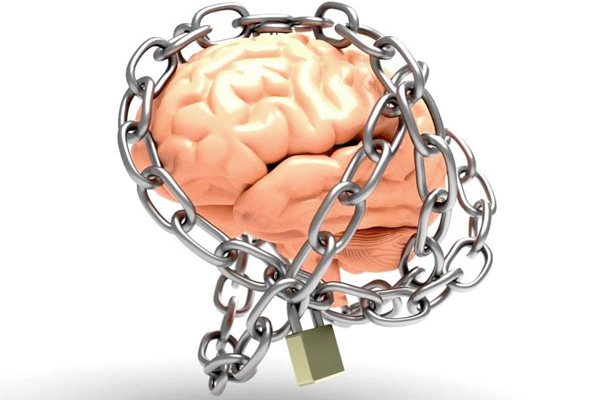Investigating the Investigators –
August 20, 2020 – Regarding psychiatry’s theoretical roots, the authors explain that many professionals are questioning the validity of the DSM, which is failing to align with the forward edges of “genetics, systems neuroscience, and behavioral science.” Additionally, co-morbidity or overlap between disorders leads many to question the scientific status of the manual.
There are practical issues as well; for instance, individuals may lose insurance coverage for their conditions if the DSM removes certain diagnoses.
Still, the DSM has been called an “impediment to progress” by the 2013 director of the National Institute of Mental Health, leading some critics to wonder about the scientific value of psychiatry as it is practiced clinically, even if it does provide a “common language” for clinicians.
Related to this, the authors discuss different philosophical understandings of what makes up “mental illness.” They point out that, in contrast to a “naturalistic” perspective, which assumes that mental disorders are examples of biological dysfunction, a “constructivist” perspective acknowledges that different traits and behaviors function differently in different contexts.
An obvious example here is the fact that homosexuality was considered a psychiatric mental disorder prior to changes in how it was perceived socially. Other examples of now discarded “disorders” include “moral insanity, childhood masturbation disorder, and hysteria.”
In contrast to the position of mainstream psychiatrists, the authors propose an approach to mental health grounded in biological anthropology and evolutionary biology. They believe that “mental health disorders” can be grouped into several subsets:



